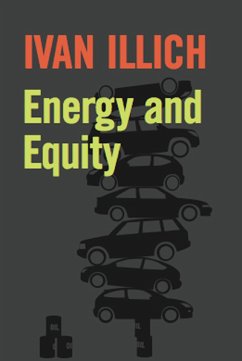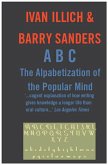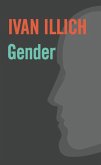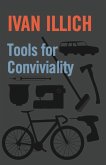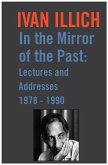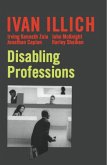A junkie without access to his stash is in a state of crisis. The "energy crisis' that exists intermittently when the flow of fuel from unstable countries is cut off or threatened, is a crisis in the same sense. When such a crisis is perceived in the western sphere, there are normally two solutions proposed: Relieve our dependence on foreign fuels by developing "ecologically friendly' energy extraction technology, or send an army to pacify the fuel-rich region in question. Both of these paths, seemingly at odds with each other, take as fundamentally true a certain proposition, that in no circumstances should we use less energy than we already use. In this conception, all human problems must be solved by the impressment of still more "energy slaves' to meet the expanding demand of human masters. The two solutions consist of securing the current source of the drug, or finding a different, more secure pusher. In this essay, Illich examines the question of whether or not humans need any more energy than is their natural birthright. Along the way he gives a startling analysis of the marginal disutility of tools. After a certain point, that is, more energy gives negative returns. For example, moving around causes loss of time proportional to the amount of energy which is poured into the transport system, so that the speed of the fastest traveller correlates inversely to the equality as well as freedom of the median traveller.
Dieser Download kann aus rechtlichen Gründen nur mit Rechnungsadresse in A, B, BG, CY, CZ, D, DK, EW, E, FIN, F, GR, H, IRL, I, LT, L, LR, M, NL, PL, P, R, S, SLO, SK ausgeliefert werden.
Hinweis: Dieser Artikel kann nur an eine deutsche Lieferadresse ausgeliefert werden.

